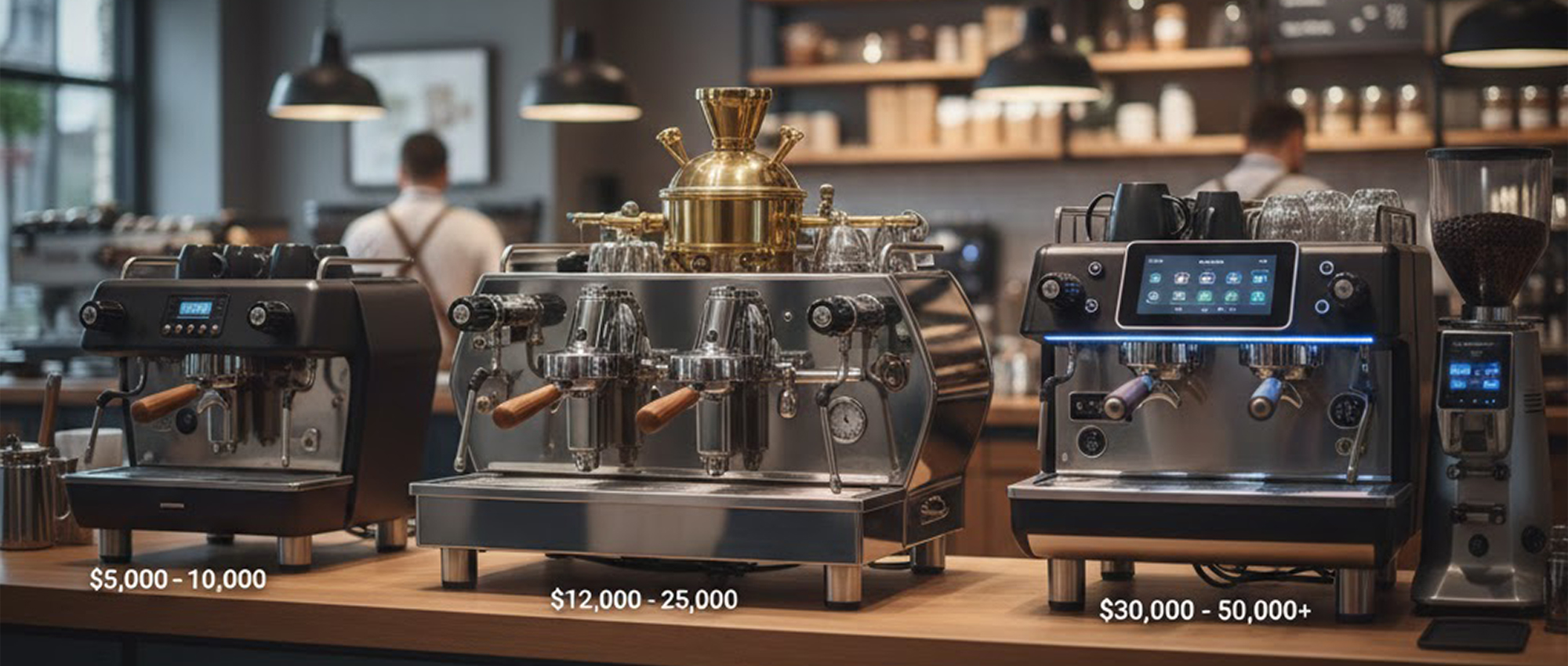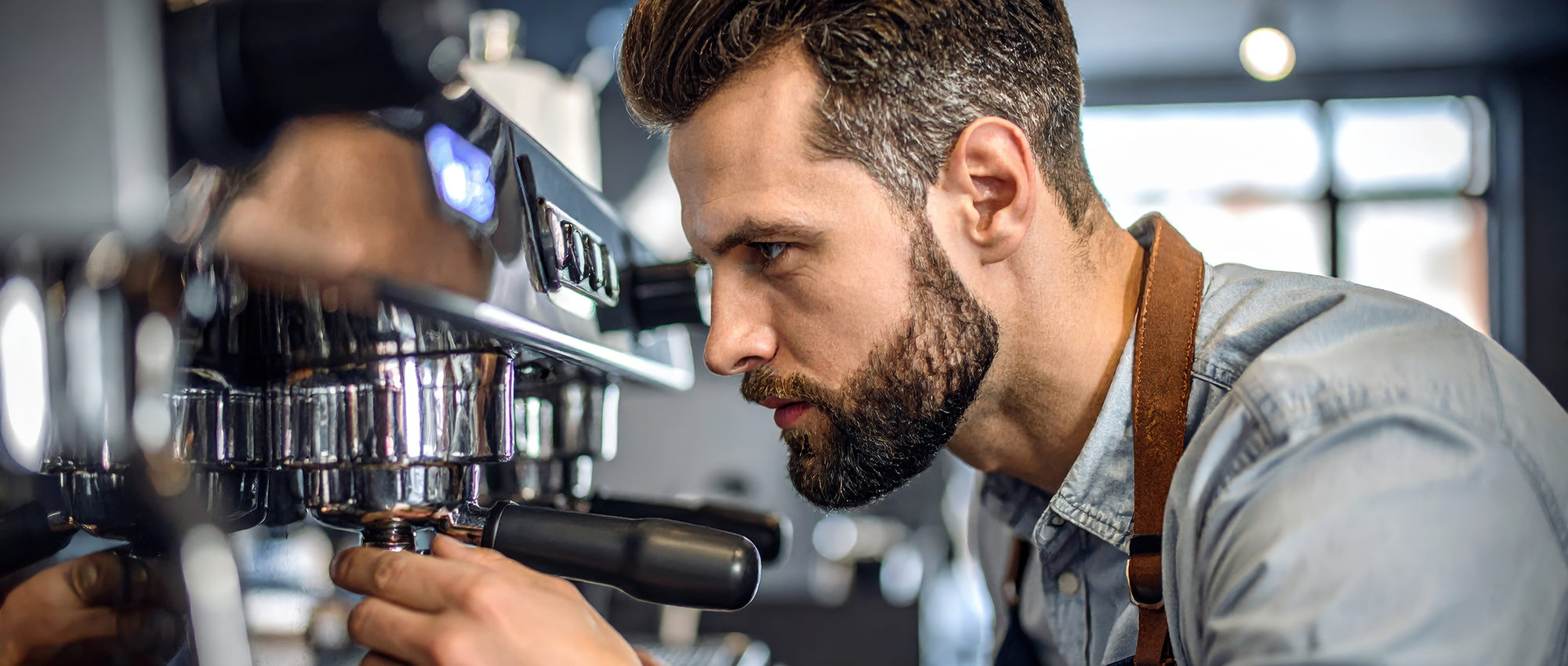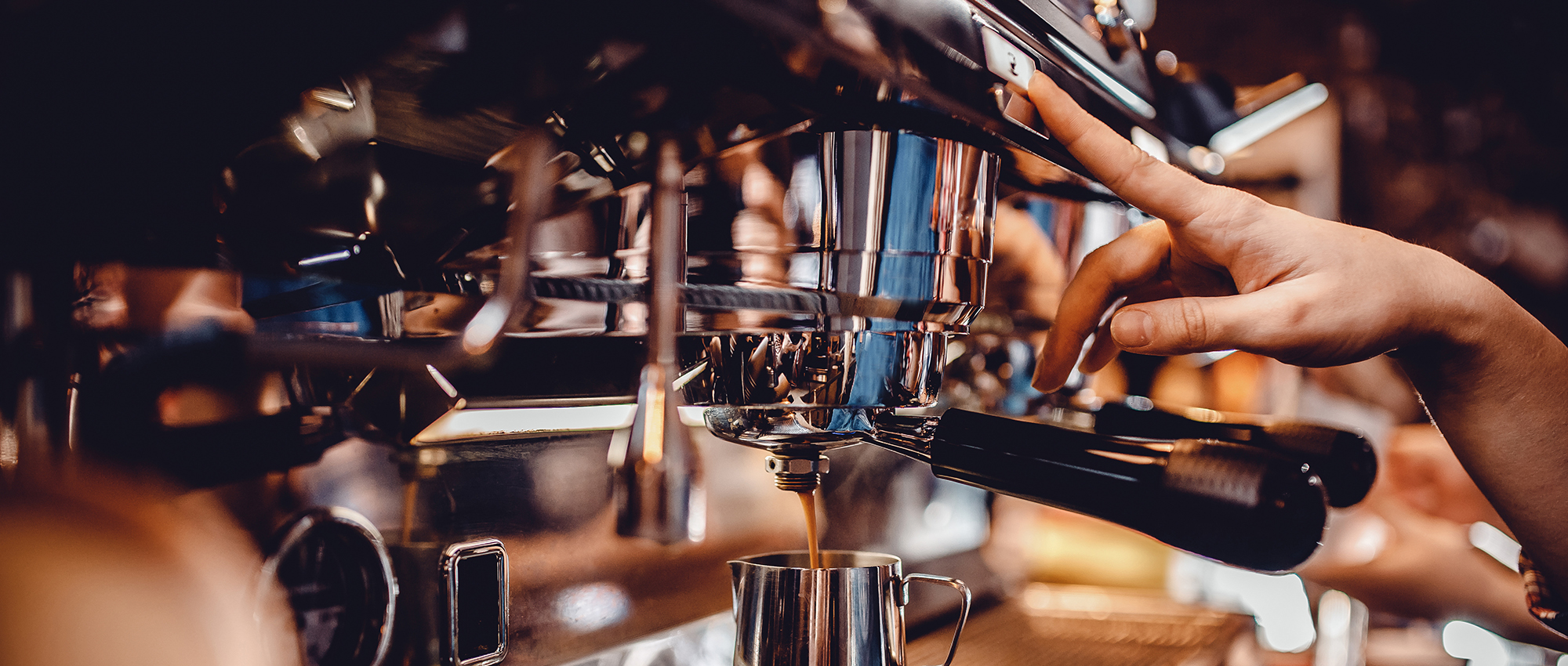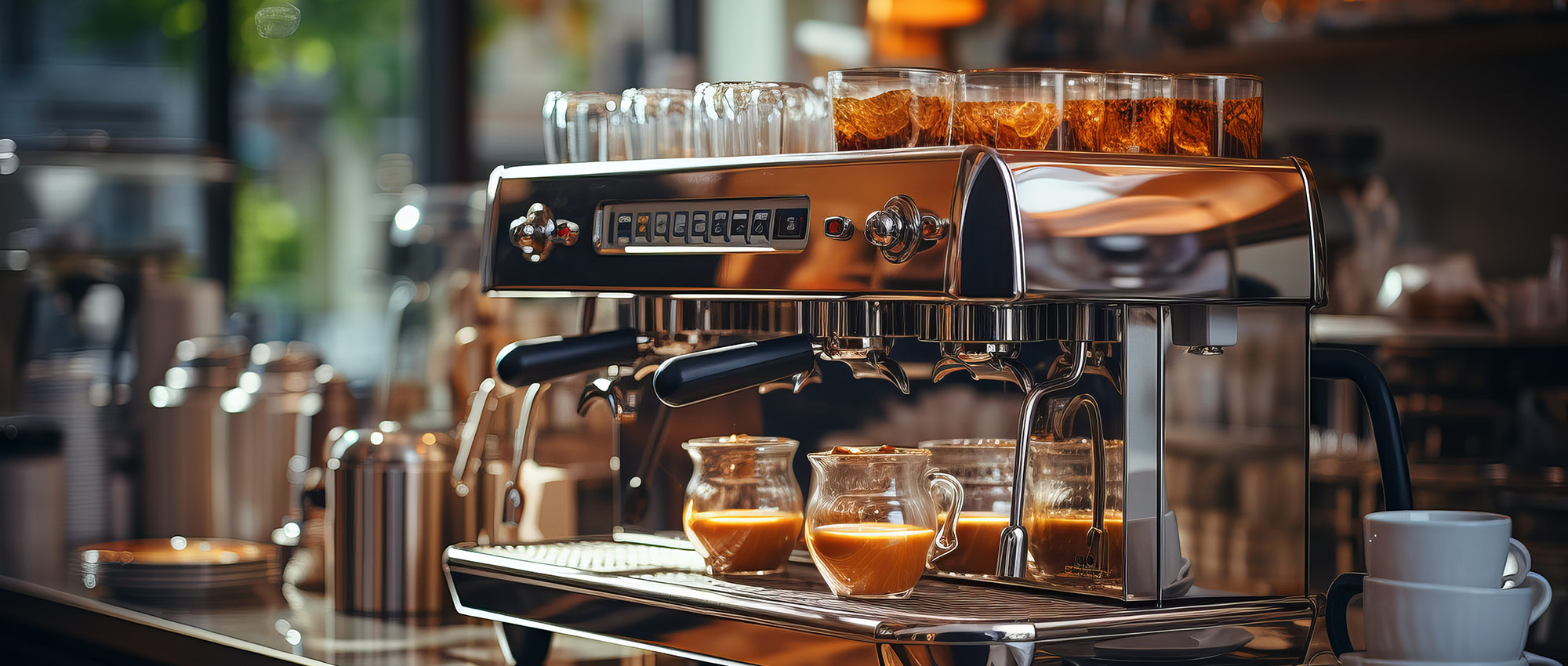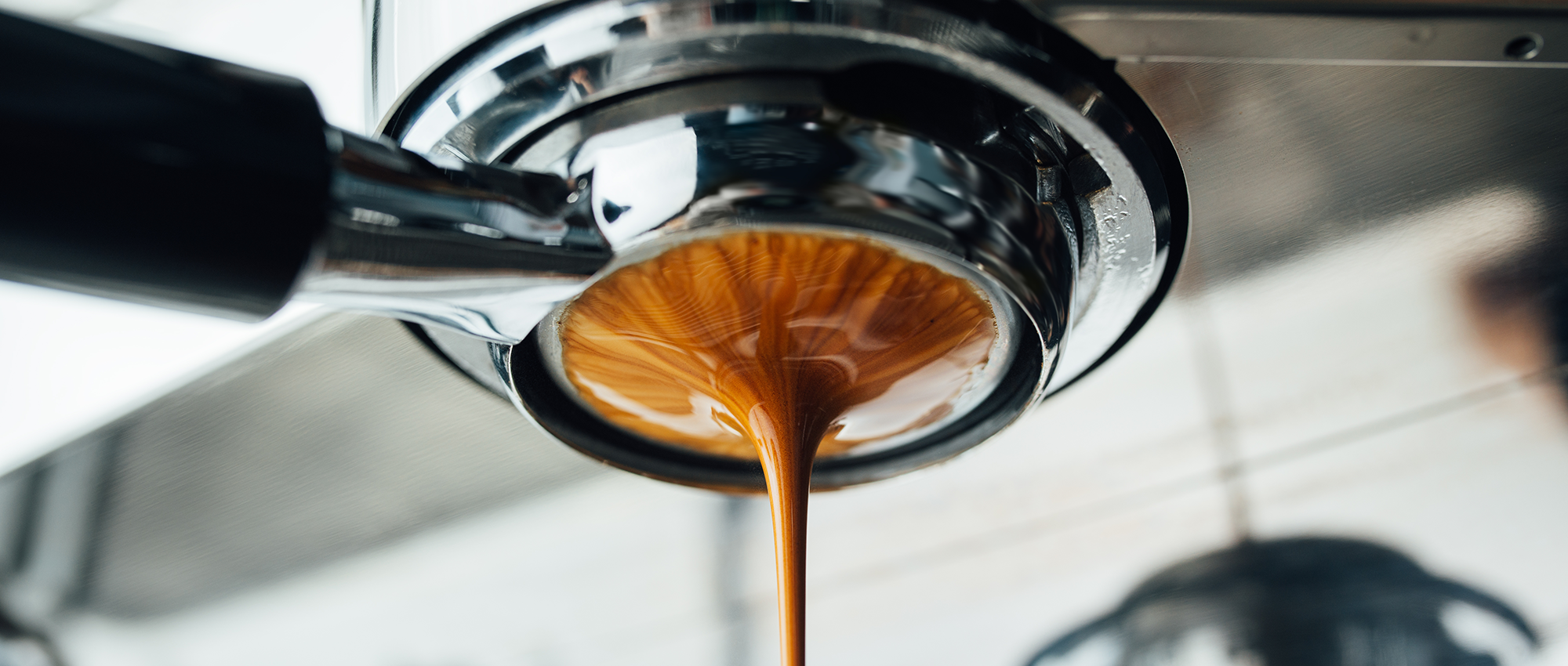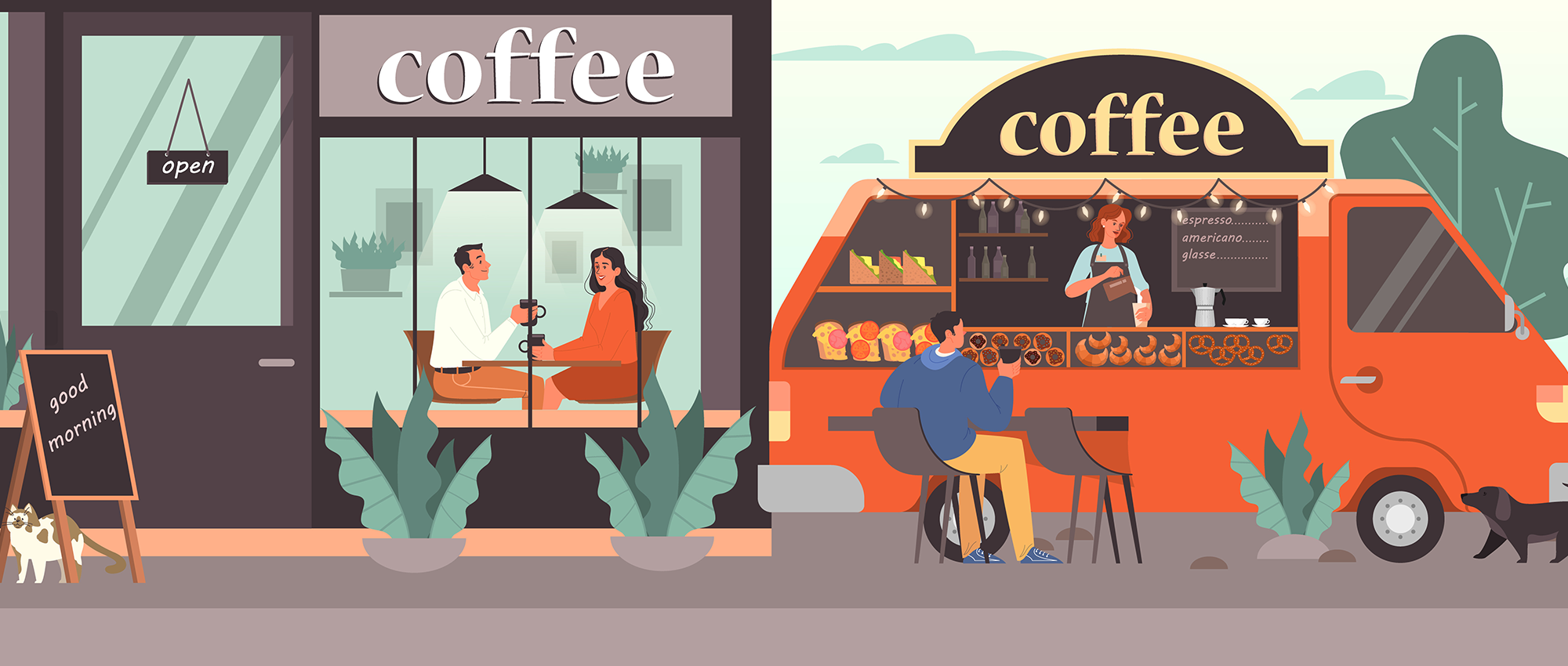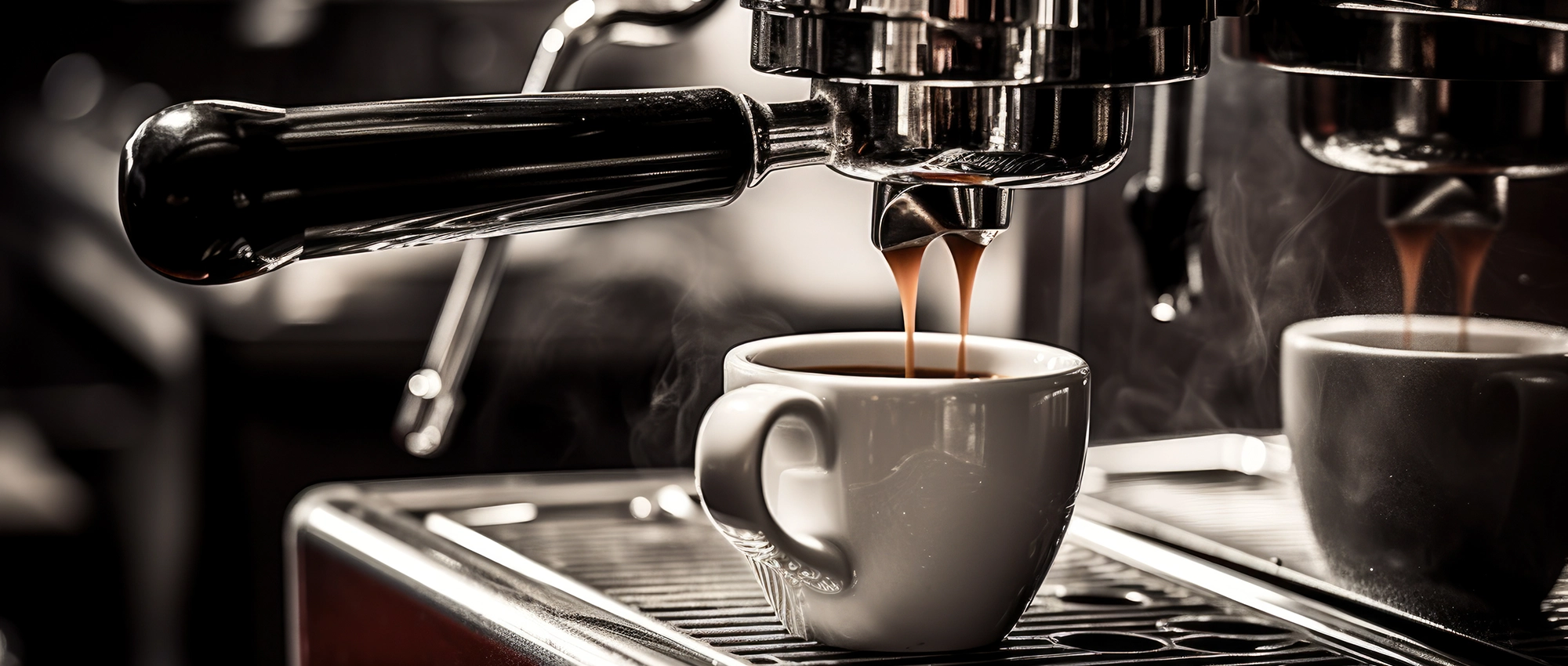Nitro Coffee: Equipment, Setup, and Profitability Analysis
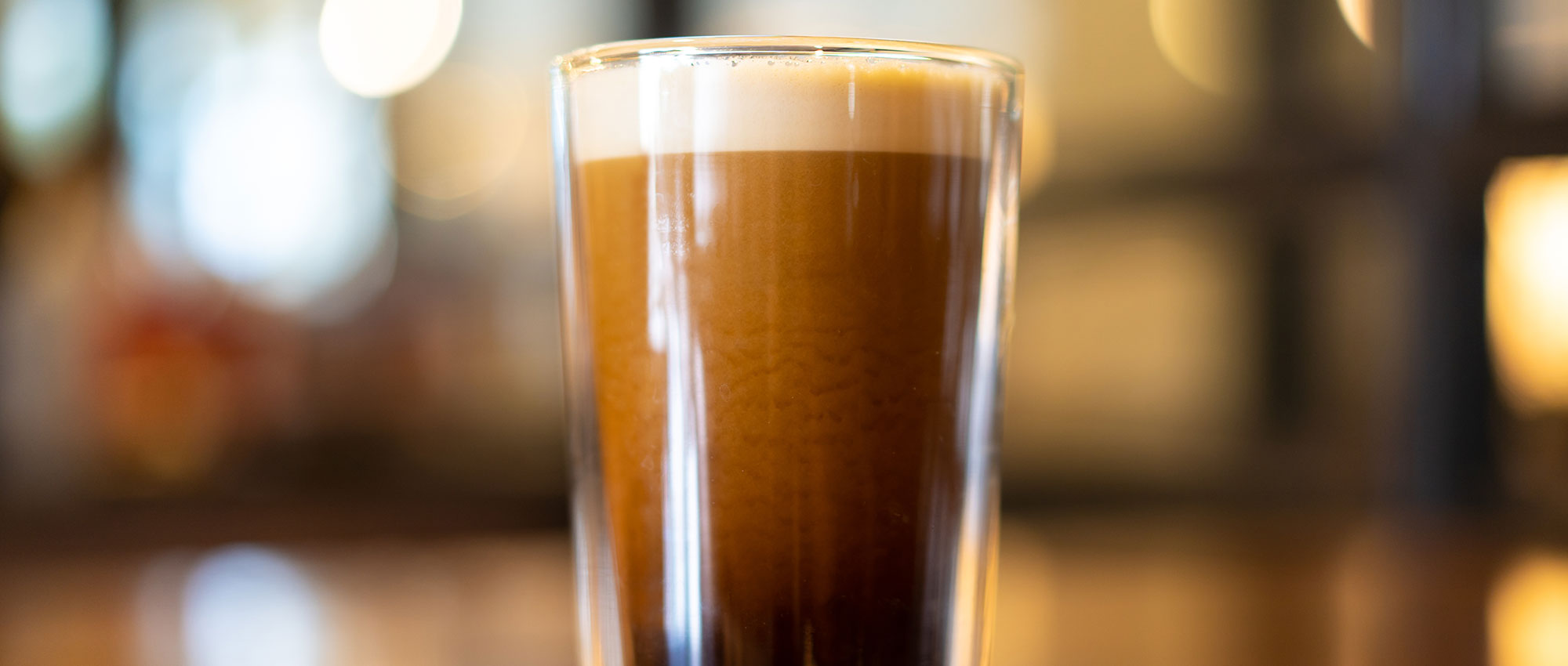
Nitro Coffee: Equipment, Setup, and Profitability Analysis
The nitro coffee revolution has transformed specialty coffee operations, offering cafés a premium beverage option that commands higher prices while delivering unique customer experiences. As consumer demand for innovative coffee experiences continues to grow, nitro coffee presents an exceptional opportunity for commercial operators to differentiate their offerings and boost profitability.
This comprehensive guide provides everything you need to know about implementing nitro coffee in your commercial operation, including:
- Essential equipment components and how nitro systems work
- Three leading manufacturers (Curtis Coffee, Keg Outlet, and NitroBrew) with specific benefits of their products
- Detailed setup process including space requirements and installation steps
- Complete profitability analysis with revenue potential, cost structure, and break-even calculations
- Customer appeal factors and marketing benefits
- Best practices for successful implementation
- Critical differences between pure nitrogen gas and air-based systems
What is Nitro Coffee?
Nitro coffee is cold brew coffee infused with nitrogen gas, creating a smooth, creamy texture with a cascading visual effect similar to Guinness Stout, which is traditionally pumper with nitrogen gas . The nitrogen creates smaller bubbles than carbon dioxide, resulting in a velvety mouthfeel and naturally sweet taste that reduces the need for added dairy or sweeteners.
Essential Equipment for Nitro Coffee Systems
Primary Components
Successful nitro coffee operations require four essential components: a nitrogen gas supply, specialized taps, pressurized kegs, and quality cold brew concentrate. The nitrogen infusion system works similarly to draft beer equipment, using pressurized gas to create the signature texture and presentation.
Nitrogen Gas Systems
Commercial operations have three primary options for nitrogen supply: pure nitrogen gas cylinders, nitrogen generation systems, or air-based infusion systems. Pure nitrogen cylinders offer consistent quality and immediate availability, while nitrogen generators extract nitrogen from ambient air. Air-based systems use compressed air directly, leveraging the fact that air is 78% nitrogen. A typical nitrogen cylinder costs $30-50 per refill and serves approximately 15-20 5-gallon kegs.
Specialized Taps and Faucets
Nitro coffee requires specific tap systems designed to create the cascading effect and proper texture. These taps feature restrictor plates or screens that break down the nitrogen into micro-bubbles, creating the signature creamy head and smooth body.
Leading Equipment Manufacturers
Curtis Coffee Equipment
Curtis Coffee offers comprehensive nitro coffee solutions through their NitroPress system, featuring precision temperature control and consistent nitrogen infusion technology. Their commercial-grade equipment includes stainless steel kegs, specialized taps, and integrated cooling systems designed for high-volume operations.
Key Benefits:
- Consistent nitrogen infusion rates with precise pressure control
- Professional-grade stainless steel construction throughout
- Integrated temperature management for optimal serving conditions
- Easy-clean design meeting health code compliance standards
- Comprehensive technical support and training programs
Curtis systems are engineered for reliability in demanding commercial environments, with user-friendly controls that minimize training requirements while ensuring consistent results across different operators.
Keg Outlet
Keg Outlet specializes in complete nitro coffee solutions, providing everything from kegging equipment to nitrogen delivery systems. Their expertise in beverage dispensing translates perfectly to nitro coffee applications, offering both standard and custom configurations for various operational scales.
Key Benefits:
- Extensive inventory of compatible kegs and dispensing equipment
- Flexible system configurations for different volume requirements
- Competitive pricing on both equipment and ongoing supplies
- Technical expertise in beverage gas systems and troubleshooting
- Fast shipping and reliable parts availability
Keg Outlet’s strength lies in their comprehensive understanding of pressurized beverage systems, making them an excellent resource for both initial setup and ongoing operational support.
NitroBrew
NitroBrew offers a revolutionary approach to nitro coffee with systems that can operate without traditional nitrogen gas cylinders. Their innovative technology uses compressed air (which is 78% nitrogen) to create nitro-infused beverages, eliminating the need for gas cartridges or cylinder refills.
Key Benefits:
- Zero consumables – no cartridges or gas cylinders needed
- Environmentally sustainable with significantly reduced carbon footprint
- Inline, on-demand infusion systems that don’t require pressurized kegs
- Available in both tabletop and commercial configurations
- Can also work with traditional nitrogen cylinders if desired
- Lower operating costs with no ongoing gas expenses
NitroBrew systems draw beverage from the source container and infuse nitrogen when you pull the tap, creating a true inline, on-demand infuser. This approach offers significant operational and environmental advantages for businesses concerned about sustainability and ongoing costs.
Pure Nitrogen vs Air-Based Systems: The Quality Difference
Pure Nitrogen Gas Advantages
Using pure nitrogen gas from cylinders or bulk tanks delivers superior nitro coffee quality compared to air-based systems. Pure nitrogen contains 99.9% nitrogen with minimal oxygen content, creating optimal conditions for nitro coffee preparation.
Why Pure Nitrogen Creates Better Nitro Coffee:
- Consistency: Pure nitrogen maintains stable gas composition, ensuring consistent texture and cascading effects with every pour
- Solubility: Higher nitrogen purity creates better gas dissolution in cold brew, resulting in longer-lasting foam and creamier mouthfeel
- Flavor Protection: Minimal oxygen content prevents oxidation, preserving cold brew’s flavor integrity during storage and serving
- Visual Appeal: Pure nitrogen produces the dramatic cascading effect customers expect, enhancing presentation and social media appeal
- Professional Standards: Most specialty coffee shops and premium establishments use pure nitrogen for consistent quality
Air-Based System Considerations
NitroBrew systems can use compressed air directly, which is 78% nitrogen, offering a different approach to nitro coffee preparation with distinct advantages and considerations.
Air-Based System Benefits:
- No ongoing gas costs or cartridge replacements
- Significantly reduced environmental impact
- Immediate availability – no need to source or store gas cylinders
- On-demand infusion without pressurized storage requirements
Air-Based System Considerations:
- Nitrogen Concentration: Air contains 78% nitrogen vs 99.9% in pure nitrogen systems
- Consistency Variables: Ambient air quality and humidity can affect results
- Immediate Consumption: Best enjoyed immediately after infusion rather than stored
- Different Texture Profile: May produce a different mouthfeel compared to pure nitrogen systems
Professional Recommendation
The choice between pure nitrogen and air-based systems depends on your operational priorities:
Choose Pure Nitrogen If:
- Maximum consistency and professional presentation are critical
- You plan to store nitro coffee for extended periods
- Your brand positioning emphasizes premium quality
- You need to match established nitro coffee standards
Choose Air-Based Systems If:
- Environmental sustainability is a key business value
- You want to eliminate ongoing gas costs
- You prefer on-demand, single-serve preparation
- You’re willing to accept slight texture variations for operational benefits
Setup Process and Requirements
Space and Infrastructure
Nitro coffee systems require dedicated refrigeration space, typically 4-6 square feet for a basic two-tap setup. Electrical requirements include 110V power for refrigeration and compressor equipment. Proper ventilation ensures safe operation and equipment longevity.
Installation Steps
Professional installation typically takes 4-6 hours and includes connecting gas lines (or air compressors for air-based systems), calibrating pressure regulators, testing tap systems, and training staff on operation procedures. At Bean and Brew Technologies we offer installation services and comprehensive staff training as part of equipment packages.
Health Code Compliance
Nitro coffee systems must meet local health department requirements for beverage service equipment. Regular cleaning schedules, temperature monitoring, and proper gas handling procedures ensure compliance and food safety.
Profitability Analysis
Revenue Potential
Nitro coffee typically sells for $4-$7 per serving, representing a 30-50% premium over regular cold brew. A busy café serving 50 nitro coffees daily can generate $200-350 in daily nitro revenue, or $6,000-10,500 monthly.
Cost Structure
Equipment Investment: Initial setup costs range from $2,000-8,000 depending on system type:
- Traditional nitrogen systems: $3,000-8,000
- Air-based systems: $2,000-4,000 (lower due to no gas infrastructure)
Operating Costs: Monthly expenses vary significantly by system type:
- Traditional systems: Nitrogen gas ($100-200), cold brew concentrate ($300-500), maintenance ($50-100) = $450-800/month
- Air-based systems: Cold brew concentrate ($300-500), maintenance ($50-100), electricity ($20-40) = $370-640/month
Labor Considerations: Nitro coffee requires minimal additional labor once systems are operational. Staff training takes 2-4 hours, focusing on proper pouring techniques and basic maintenance procedures.
Break-Even Analysis
With average profit margins of 75-85% on nitro coffee sales:
- Traditional systems: Break-even in 6-12 months
- Air-based systems: Break-even in 4-8 months (due to lower operating costs)
High-traffic locations may reach profitability faster, while slower operations may require additional time for full cost recovery.
Customer Appeal and Marketing Benefits
Visual Impact
The cascading nitrogen effect creates Instagram-worthy presentations that drive social media engagement and word-of-mouth marketing. The unique visual appeal often attracts new customers and encourages repeat visits.
Premium Positioning
Nitro coffee positions cafés as innovative and premium, justifying higher prices and attracting discerning coffee consumers. The sophisticated presentation and smooth taste profile appeal to customers seeking unique experiences.
Competitive Differentiation
Offering nitro coffee differentiates cafés from competitors and provides exclusive menu items that build customer loyalty. The perceived value and novelty factor support premium pricing strategies.
Sustainability Marketing
Air-based systems like NitroBrew offer significant sustainability benefits, allowing businesses to market their environmental consciousness while delivering premium products. This appeals to increasingly eco-aware consumers.
Best Practices for Success
Quality Control
Consistent cold brew concentrate is essential for nitro coffee success. Maintain proper pressure (30-35 PSI for traditional systems), serve at optimal temperature (36-40°F), and follow strict cleaning schedules to ensure quality consistency.
Staff Training
Proper staff training ensures consistent presentation and customer experience. Focus on pouring techniques, system maintenance, and customer education about nitro coffee benefits and flavor profiles.
Menu Integration
Successfully integrate nitro coffee into existing menus by offering variations like nitro cold brew lattes, flavored nitro options, or seasonal specials that maximize equipment utilization and revenue potential.
System Selection
Consider your operational priorities when choosing between traditional nitrogen and air-based systems. Factor in environmental goals, operating cost preferences, and quality consistency requirements.
Conclusion
Nitro coffee represents a significant opportunity for specialty coffee operations to increase revenue, differentiate from competitors, and attract premium customers. The choice between traditional nitrogen systems and innovative air-based alternatives allows businesses to align their nitro coffee program with their operational values and financial goals.
Traditional pure nitrogen systems from Curtis Coffee and Keg Outlet offer proven consistency and professional-grade results, while NitroBrew’s air-based technology provides environmental sustainability and reduced operating costs. Both approaches can be profitable when properly implemented with quality cold brew and consistent execution.
Success depends on choosing equipment that matches your business priorities, proper installation and staff training, and consistent execution of product standards. With careful planning and execution, nitro coffee can become a profitable cornerstone of modern café operations while supporting your broader business values. If you have questions about Nitro Brew systems don’t hesitate to reach out to us here at Bean and Brew Technologies.
Gary Downey
Gary Downey
Tags :
Coffee U Sunday: Weekly Coffee Business Education
Get expert coffee insights delivered to your inbox every Sunday. Equipment guides, brewing tips, business strategies, and industry trends to help your business succeed.
Categories
Categories
- Coffee Brewers (1)
- Coffee Business Success (9)
- Coffee Grinders (1)
- Coffee Shop Owners (8)
- Coffee Technology (3)
- Cold Brew Coffee (2)
- Espresso Machines (9)
- Espresso Shots (3)
- La Marzocco (2)
- Maintenance & Service (3)
- Specialty Coffee Drinks (3)
- Water Treatment (1)
📚 Equipment Guides
Comprehensive breakdowns of different machine types, helping you make informed purchasing decisions
 Maintenance Tips
Maintenance Tips
Professional techniques to keep your equipment running at peak performance and extend its lifespan
 Brewing Science
Brewing Science
Understand the ‘why’ behind extraction, temperature stability, and equipment design
 Troubleshooting Help
Troubleshooting Help
Common problems and solutions to minimize downtime and service calls
 Business Insights
Business Insights
ROI calculations, workflow optimization, and equipment selection for your specific needs
 Technology Explained
Technology Explained
Demystifying features like PID control, pressure profiling, and heat exchange systems
Coffee U Sunday: Weekly Coffee Business Education
Get expert coffee insights delivered to your inbox every Sunday. Equipment guides, brewing tips, business strategies, and industry trends to help your business succeed.
Share
Use our search function or browse by category to find exactly what you need. Can’t find an answer? Contact us directly, your question might inspire our next Coffee U article! As we grow, so will this resource, shaped by the real needs of coffee professionals like you.
Start exploring Coffee U today and discover why Bean & Brew Technologies is committed to elevating the coffee industry through education and exceptional service.

